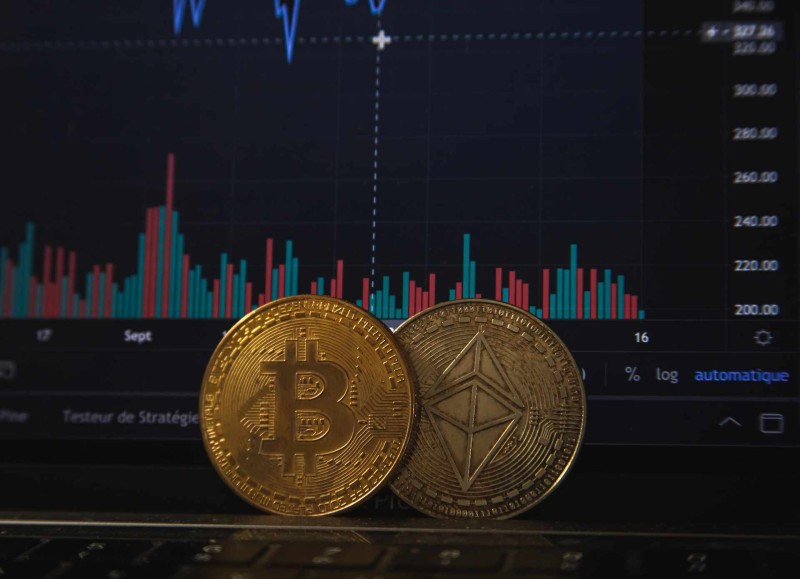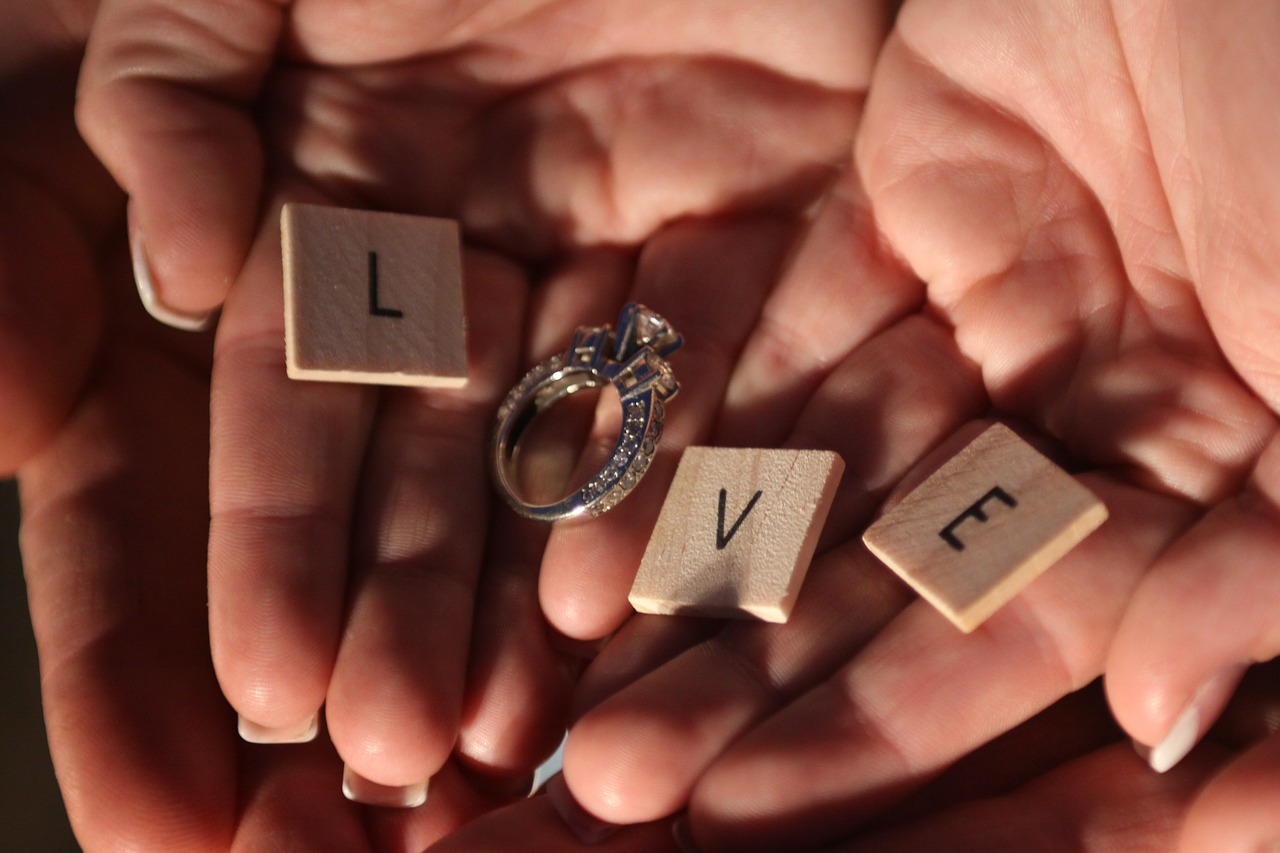It is easy to see how video games and Web3 naturally complement one another. Both are wholly digital, make use of various digital assets and money, and have implicit or overt gamification elements. Web3, despite the fact that games may be created on top of it, is not a game. Though they occasionally can be, the majority of in-game products and currencies today are not crypto tokens.
Your Blockchain l blogs will be published on a website, right? If so, you might choose our platform for Write For Us Blockchain.
Any game that employs blockchain technology to improve or redesign conventional video games is referred to as a blockchain game.
Regardless of the genre, the goal of blockchain games is to rethink player-game developer relationships in a way that is more equitable and open. Nevertheless, there are other ways that blockchain technology can be incorporated into video games.
How Do Crypto Games Operate?
Examining the cutting-edge technologies available to crypto gaming creators is a good technique to comprehend how blockchain gaming functions and the advantages of blockchain games. Specifically, blockchain tokens, smart contracts, and crypto wallets.
Wallets as Identifiers for All Players
The gated login system is a distinguishing feature of conventional gaming platforms and non-blockchain software in general. Each closed game ecosystem in which a player participates has its own distinct identity. They have accounts with Riot Games, Steam, Epic, and many other platforms.
While many gamers see this as an unavoidable aspect of the modern gaming landscape, crypto wallets offer an alternative for gamers who use cryptocurrencies. Blockchain wallets serve as a universal entry card for all games, since both blockchains and the games created on top of them are natively digital worlds.
The current universal pass approach has limits because there are issues with connectivity between different blockchain ecosystems. Later, more on this.
Core Coding with Smart Contracts
The foundation of every blockchain application is smart contracts. Gamers get a trust-minimized guarantee that the portion of the game described in these contracts will always run as specified because they are automatically performed in a deterministic manner.
While the ultimate objective may be for all game logic to be handled by smart contracts, it's vital to keep in mind that most blockchain games now operate using a hybrid architecture that makes use of both on-chain code (smart contracts) and off-chain code owing to speed and scalability restrictions.
Currently, smart contracts in blockchain games mostly aid in the creation and transfer of in-game assets and money, but they can also be applied to protect essential in-game operations, such as determining the result of a specific round or match.
Tokens as Electronic Goods and Money
Items and digital currencies are a mainstay of online video games. They can be acquired in exchange for cosmetic items, gained by completing missions, dropped by killed bosses, and rewarded for playing games, to name a few uses. Whether fungible like "gp" from Runescape) or non-fungible (like in-game stuff, blockchain tokens have the same function.
Today, the publisher of a game usually stores and disperses in-game money and things on a private backend server.









